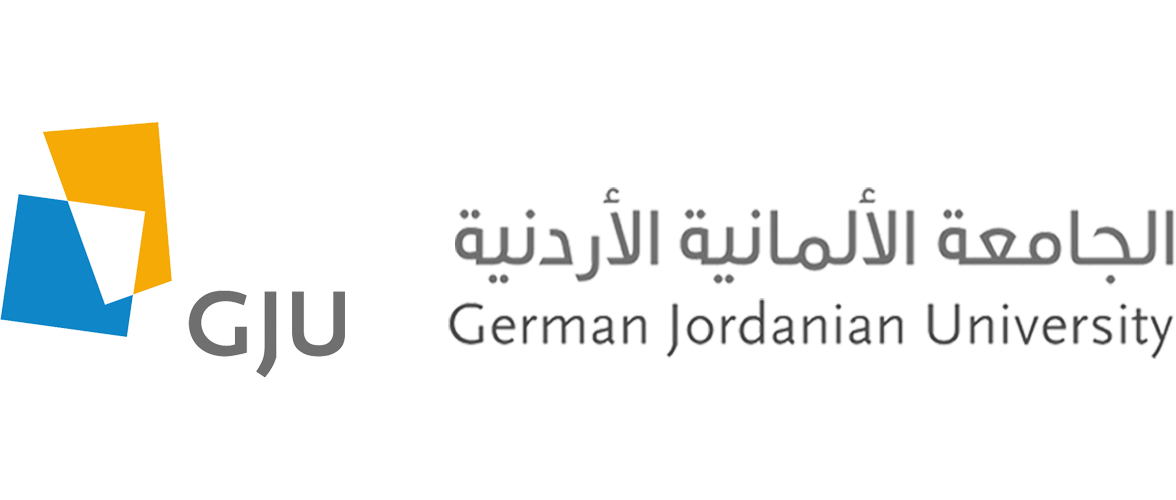Project Title:
Enhancement Of Higher Education on Managed Aquifer Recharge in The Mena Water Sector (MENAWAT)
Funding Agency: German Academic Exchange Service (DAAD)
Project Description:
In line with the DAAD Ta'ziz programme, the overarching aim of the MENAWAT project is to strengthen the education and research cooperation in the field of water management, specifically the nature-based solution (NBS) of managed aquifer recharge (MAR) and riverbank filtration (RBF) among the Division of Water Sciences at the University of Applied Sciences Dresden (HTW Dresden/HTWD), the Department of Civil and Environmental Engineering(DCEE) at the German Jordanian University in Amman (GJU), and the Department of Earth Sciences and Environment at the Faculty of Sciences and Technology of the Abdelmalek Essaâdi University (AEU) in Al Hoceima, Morocco.
The cooperation within MENAWAT will extend the already existing MOUs between the partners and aims, through one of the main project outputs, to establish a Jordanian-German Competence Team for Managed Aquifer Recharge (JGCTMAR) at GJU within the framework of an MOU between HTWD and GJU, with the objective to jointly conduct research on MAR and RBF and work in related areas through involvement of non-higher education institution (non-HEI) stakeholders such as the Jordanian Ministry of Water and Irrigation (MWI), Jordan Valley Authority, Water Authority of Jordan and the Hydraulic Basin Agency of Loukkos (HBAL), Tetouan, Morocco.
The objectives of the project through the collaboration between HTWD, GJU, and AEU are:
- Enhancing professional expertise and technical competence for students of the relevant graduate degree courses by exposing them to the subject areas of managed aquifer recharge (MAR) in general and specifically riverbank filtration (RBF) in arid regions, water resources in the region and their joint sustainable management, groundwater dynamics, hydrology and hydrogeology of arid regions and water and sanitation
- Integrating region-specific thematic issues such as migration from conflict zones (refugees from Syria & Iraq) and climate change into courses covering MAR, RBF, hydrology, hydrogeology, water and sanitation and integrating region-specific social and economic aspects related to MAR/RBF in context to water-food-nexus
- Supporting reform efforts at an institutional level in non- HEI stakeholders such as in the Water Authority of Jordan, the Jordan Valley Authority, and the ministry of water and irrigation through capacity enhancement on MAR/RBF by including them from an early stage in the project
- Developing a real MAR/RBF case study site in Jordan and integrating region-specific thematic issues such as migrants from conflict zones, climate change and water-food.
This project is funded by the German Academic Exchange Service (DAAD) using funds from the German Federal Foreign Office (AA) within the Ta'ziz Programme.
GJU Share: € 62,266
Starting Date: 01/04/2023
End Date: 31/12/2025
Project Field: Capacity Building
Partners:
Project PI: Dr. Qasem Abdelal

